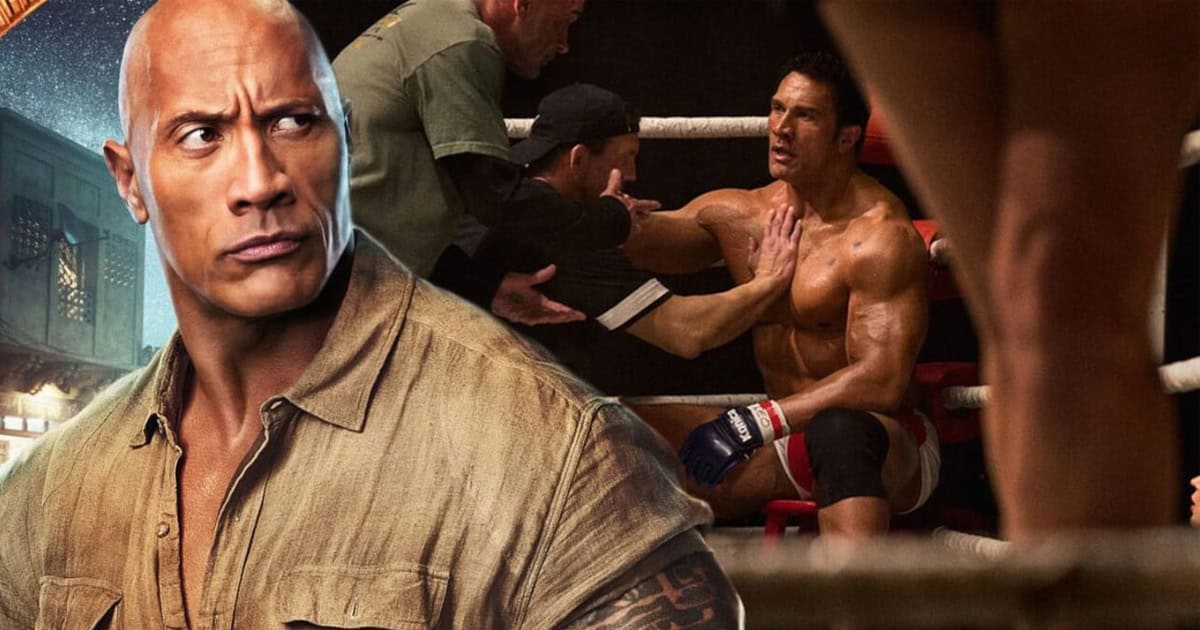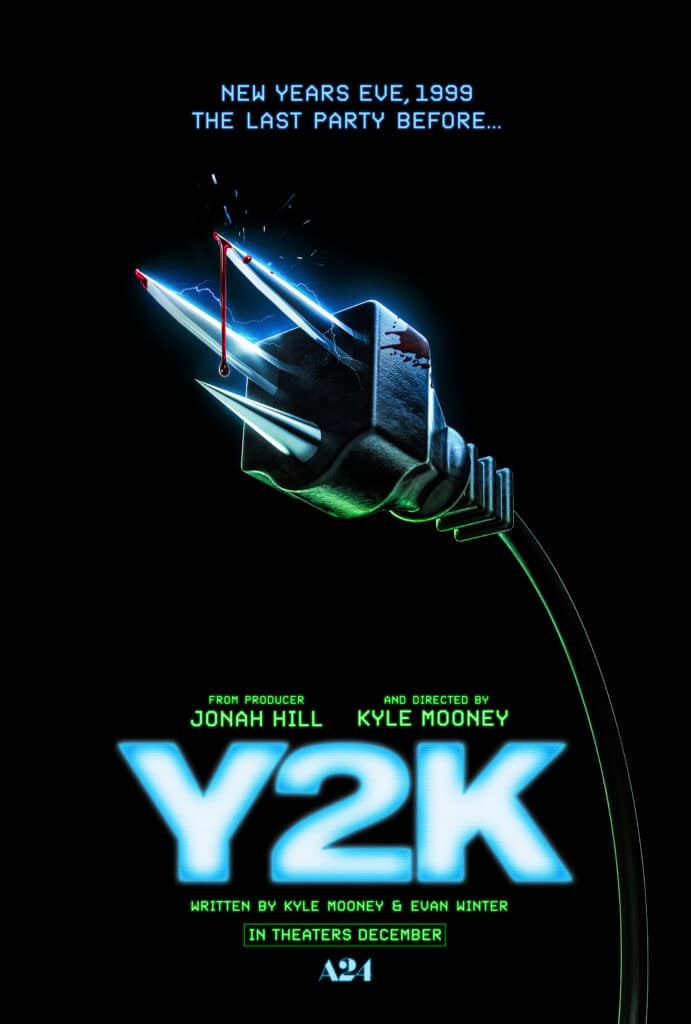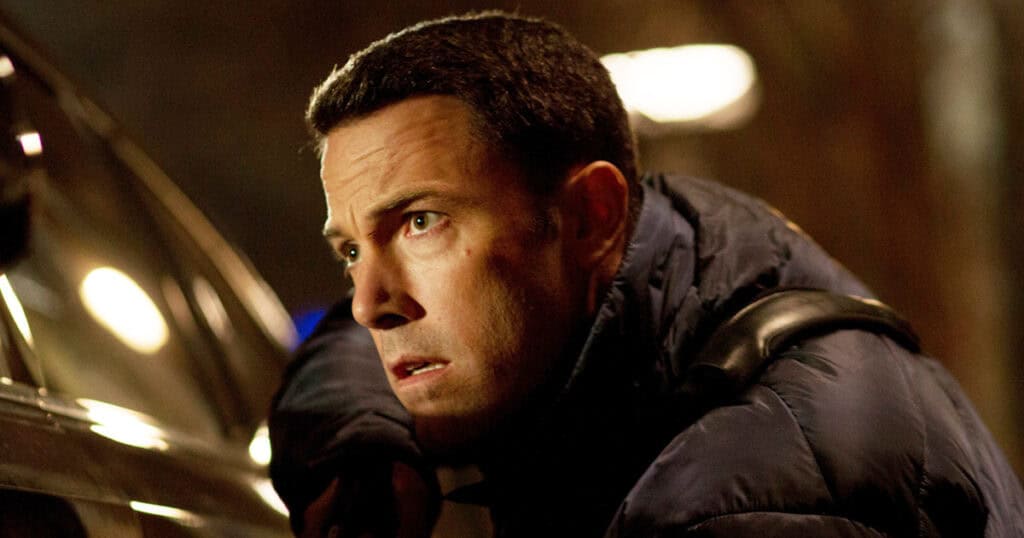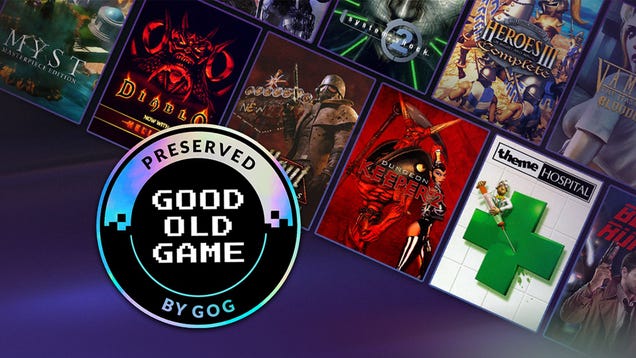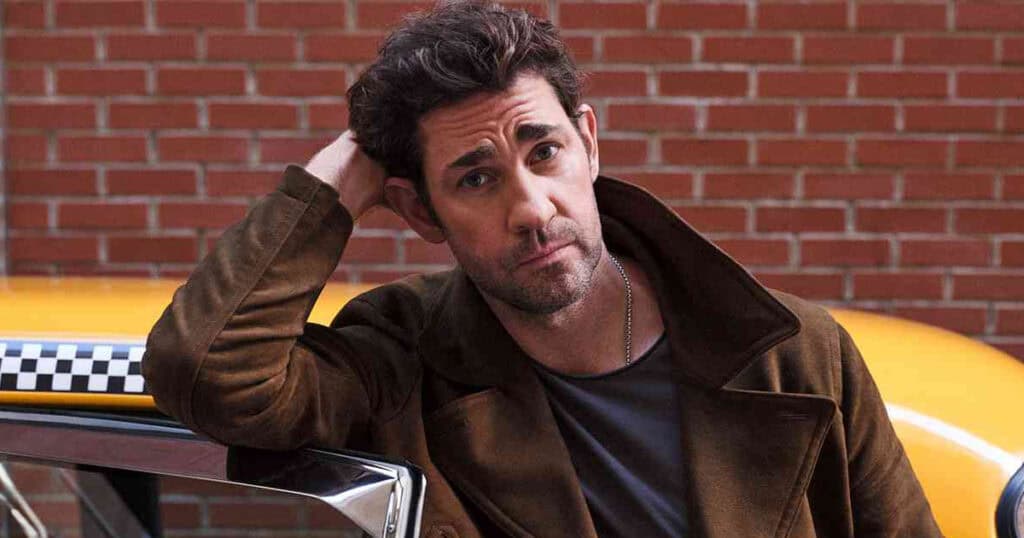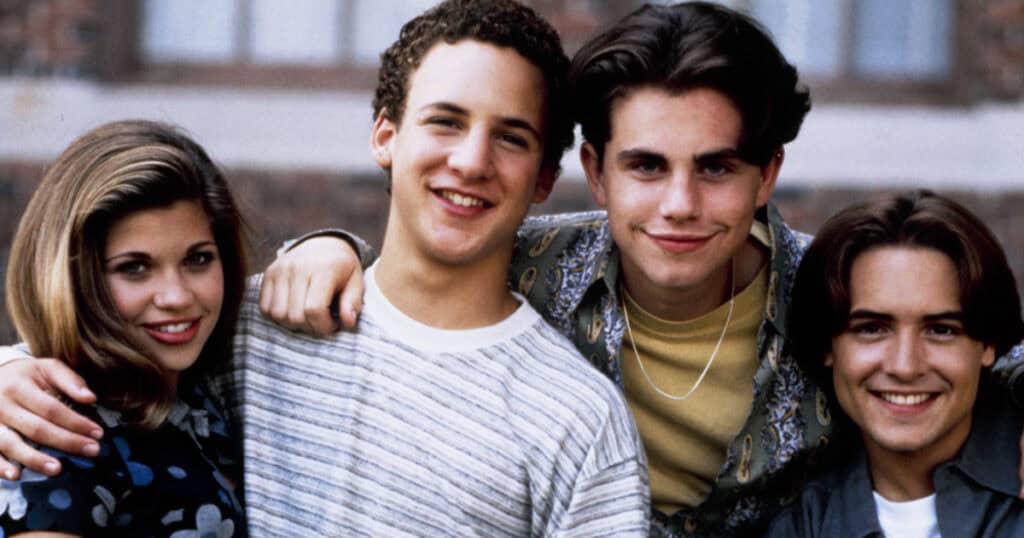As screen-to-stage adaptations go, taking on Stanley Kubrick and one of the most acclaimed comedies of all time is bold. But Dr Strangelove, which just opened at the Noël Coward Theatre in London’s West End, sounds like a tempting proposition rather than a sacrilegious one: adapted by Armando Iannucci, starring Steven Coogan, it’s a union between comedy screen royalty of our own time.
In the 1964 Cold War satire, Peter Sellers proved virtuoso in playing an Air Force captain, the US president, and a sinister German scientist. Coogan not only goes one better – also playing Texan pilot Major Kong – but pulls it off live, bouncing in and out of war rooms and B-52 cockpits. He’s consistently funny, especially as a face-twisting, arm-popping Dr Strangelove.
And yet. And yet…While there’s knowing delight to this theatrical feat, it also hampers the pace. This deferential Dr Strangelove can feel an oddly lumpen and effortful show. Yes, Coogan acquits himself well against the legend that is Sellers, but it begs the question: is that really what we want in theatre? A continual looking over actors’ shoulders for whether someone did it better on screen, 60 years ago?
As a theatre critic, I’ve watched a tsunami of film-to-stage adaptations. Right now in London, you can see Back to the Future, Magic Mike, Mean Girls, Moulin Rouge, Mrs Doubtfire, The Lion King, and the about-to-open The Devil Wears Prada musical. Large-scale touring is even more in-hoc: you could be visited by Hairspray, Aladdin, Heathers, Grease, Ghost, Kinky Boots, Mary Poppins, Madagascar, Cruel Intentions…at any moment there’s a film-to-stage adaptation quite literally waiting in the wings.
This is not a new trend: Disney twigged there were mega-bucks to be made in putting movies on stage thirty years ago. Their first attempt, Beauty and the Beast in 1994, received a critical mauling – “padded, gimmick-ridden, tacky and, despite the millions, utterly devoid of imagination”, according to Variety. Unfortunately, some of these are complaints I’d still throw at the less-inspired film adaptations today.
But then came The Lion King, which opened on Broadway in 1997 and in the West End in 1999, directed by Julie Taymor who proved you could absolutely fashion a distinctly theatrical version of a kids’ cartoon on stage. It’s surely no coincidence that one of the most inventive screen-to-stage adaptations – making magical use of masks and puppetry – is also the most enduring and profitable, earning over $10 billion worldwide. (Avatar, the highest-grossing film, made less than $3 billion.)
Yet a lot of producers seemed to learn one lesson – famous films make wildly profitable stage shows! – without giving much thought to the other lesson – famous films can make wildly imaginative stage shows.
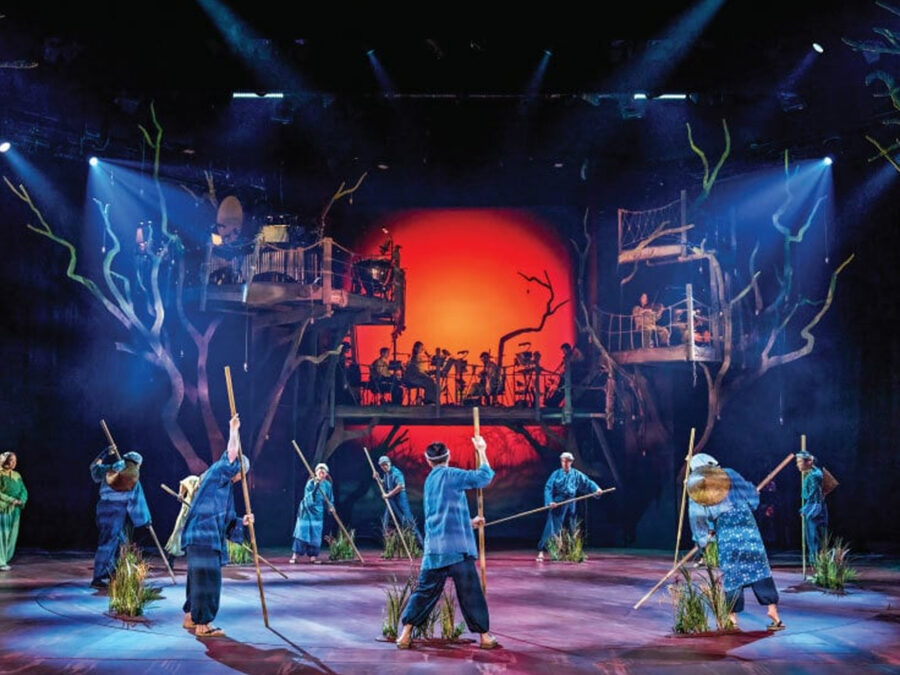
I have no quarrel with adaptations where there’s an urgent desire to re-tell a story in a new medium or an exciting vision for how to do that. One of my favourite shows of recent years was My Neighbour Totoro – transferring in March to the Gillian Lynne Theatre – which enchanted in how it played with scale, puppetry, and live performance, giving new form to Studio Ghibli’s animations.
Similarly, Jack Thorne beautifully translated the icy, yearning chill of Let the Right One for the stage. The bombast of Andrew Lloyd Weber’s 1991 musical version of Sunset Boulevard matched the self-deluding grandeur of the film’s heroine – and recently proved sharply urgent in Jamie Lloyd’s new staging. Tim Minchin’s songs for Groundhog Day added witty and moving new layers, and putting the dancing at the heart of An American in Paris, 42nd Street, Billy Elliot or Strictly Ballroom in a theatre feels both logical and delightful.
But too many shows follow the ‘Popular Movie: The Musical’ formula without seemingly questioning whether the story would actually benefit from this treatment – adding songs, but not adding value. I suspect producers are seeing pound signs rather than real theatrical vision. Take, for example, the rash of high school movies-turned-musicals: Heathers, Mean Girls, Cruel Intentions, Clueless and Bring It On. Perfect snarky little confections on screen, these stories rarely benefit from having earnest or mawkish songs added.
Even more tricky is the casting conundrum. As with Dr Strangelove, stage versions of Back to the Future, Pretty Woman, Sister Act, Mrs Doubtfire, or the about-to-open The Devil Wears Prada have another huge mountain to climb: their legendary central performances. It’s tough to recreate their unique flavour while missing their main ingredient. How do you match the memory of Robin Williams? Can Pretty Woman work without Julia Roberts? (On the basis of the recent musical, I’d say: absolutely not). Faithful copies end up feeling like pale imitations and cultural ouroboros: content cannibalising itself, especially when hit musicals in turn then prompt new movie versions (see Mean Girls, Hairspray).
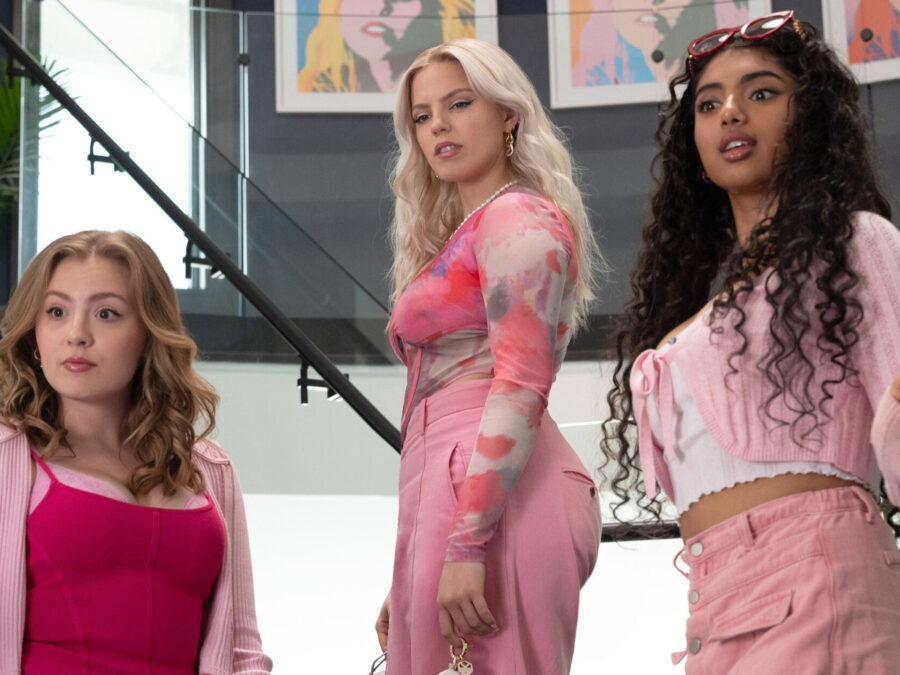
The abundance of adaptations is largely down to them being seen as ‘safe bets’ – understandably appealing in the current tough financial climate for theatres. In the same way that remakes, franchises and IP-led movies have dominated cinema recently, stage versions of well-loved titles are seen as bankable. But the churn presumably also reflects what audiences have proven willing to stump up for. There’s clearly a significant nostalgia pound, spent right across culture: when money is tight, people are more willing to shell out for something they already know they like. Nostalgia is cosy; adaptations promise comforting familiarity.
But creatively, I’d argue it’s bad news for theatre. Screen-to-stage adaptations have a flattening effect: they are by their very nature predictable, to the point of often feeling lazy and cynical at their core (even if I still applaud the huge amounts of work that goes into performances, songs, design, and so on). Dr Strangelove hasn’t convinced me otherwise: it’s fun, it’s funny, but it’s deferential to a fault. Despite Coogan, it can’t silence the whisper that says you could just watch the movie.
Still, it’s at least an unexpected adaptation – I genuinely didn’t see this one coming. And I wonder if it hints that we might be nearing the end of this wave of adaptations, or at least a slowing of the tide? Could we be running out of obvious, bankable titles to adapt?
Looking ahead, there are fewer adaptations on the horizon for 2025. There are actually some plays headed to the West End! Granted, a production of Clueless arrives in February, and Disney is doing Hercules, while a musical of 13 Going on 30 has just been announced – but surely that’s the sound of the nostalgia barrel being scraped, rather than a sign of its rude health. Personally, I’d be happy if theatre did begin to tire of simply aping the hits of the silver screen. After all, we don’t want anyone to attempt 2001: The Musical.
